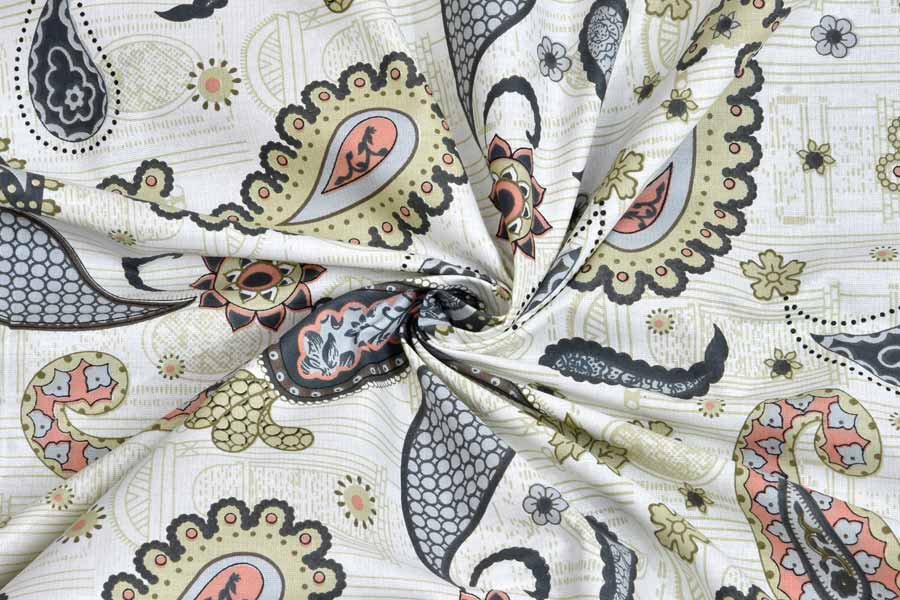The thread count of a bedsheet refers to the number of threads per square inch of fabric. In general, a higher thread count means that the sheet is softer, smoother, and more durable. Thread count is usually measured in the number of threads per square inch, and sheets with a thread count of 200 or higher are considered to be of good quality.

However, it is important to note that other factors, such as the type of material the sheets are made from, can also affect their quality and feel. For example, sheets made from high-quality, long-staple cotton with a lower thread count may feel softer and more luxurious than sheets made from lower-quality cotton with a higher thread count.
Ideal thread count for bedsheets?
There is no hard and fast rule for the maximum thread count of a bedsheet, and some manufacturers may claim to have sheets with thread counts much higher than the typical maximum of around 600-800 threads per square inch. However, it is generally accepted that the maximum thread count for a bedsheet that is comfortable and practical to use is around 1000 threads per square inch.
Sheets with a thread count above 1000 may be more expensive and may feel softer initially, but they may also be more prone to tearing and may not be as durable as sheets with a lower thread count. In general, it is important to choose sheets that are made from high-quality materials and have a reasonable thread count for the best comfort and durability.
Factors affecting the thread count of a bedsheet?
There are a few factors that can affect the thread count of a bedsheet:
Material: The type of material used to make the sheets can affect the thread count. For example, sheets made from long-staple cotton fibers can be woven more closely together, resulting in a higher thread count.
Weave: The way the threads are woven together can also affect the thread count. A tighter weave will result in a higher thread count, while a looser weave will result in a lower thread count.
Fiber type: The type of fiber used to make the threads can also affect the thread count. Natural fibers like cotton and linen tend to be softer and more durable than synthetic fibers like polyester, which may affect the overall quality and feel of the sheets.
Manufacturing process: The manufacturing process used to make the sheets can also affect the thread count. Higher-quality sheets are typically made using a finer yarn and a tighter weave, resulting in a higher thread count.
Finishing treatments: The way the sheets are treated after they are woven can also affect their thread count. For example, sheets that are brushed or treated with a softening agent may feel softer and have a higher perceived thread count, even if they have the same actual thread count as untreated sheets.
What is the ideal thread count for home bedsheets?
The ideal thread count for home bed sheets can vary depending on personal preference and the type of material the sheets are made from. In general, sheets with a thread count of 200-800 are considered to be of good quality. These sheets will be soft, smooth, and durable, and should provide a comfortable night’s sleep.
That being said, some people may prefer sheets with a higher thread count, while others may find sheets with a lower thread count to be more comfortable. It is generally a good idea to choose sheets that are made from high-quality materials and have a reasonable thread count for the best comfort and durability.
It is also worth noting that the type of material the sheets are made from can affect their overall quality and feel, regardless of the thread count. For example, sheets made from high-quality, long-staple cotton with a lower thread count may feel softer and more luxurious than sheets made from lower-quality cotton with a higher thread count.
